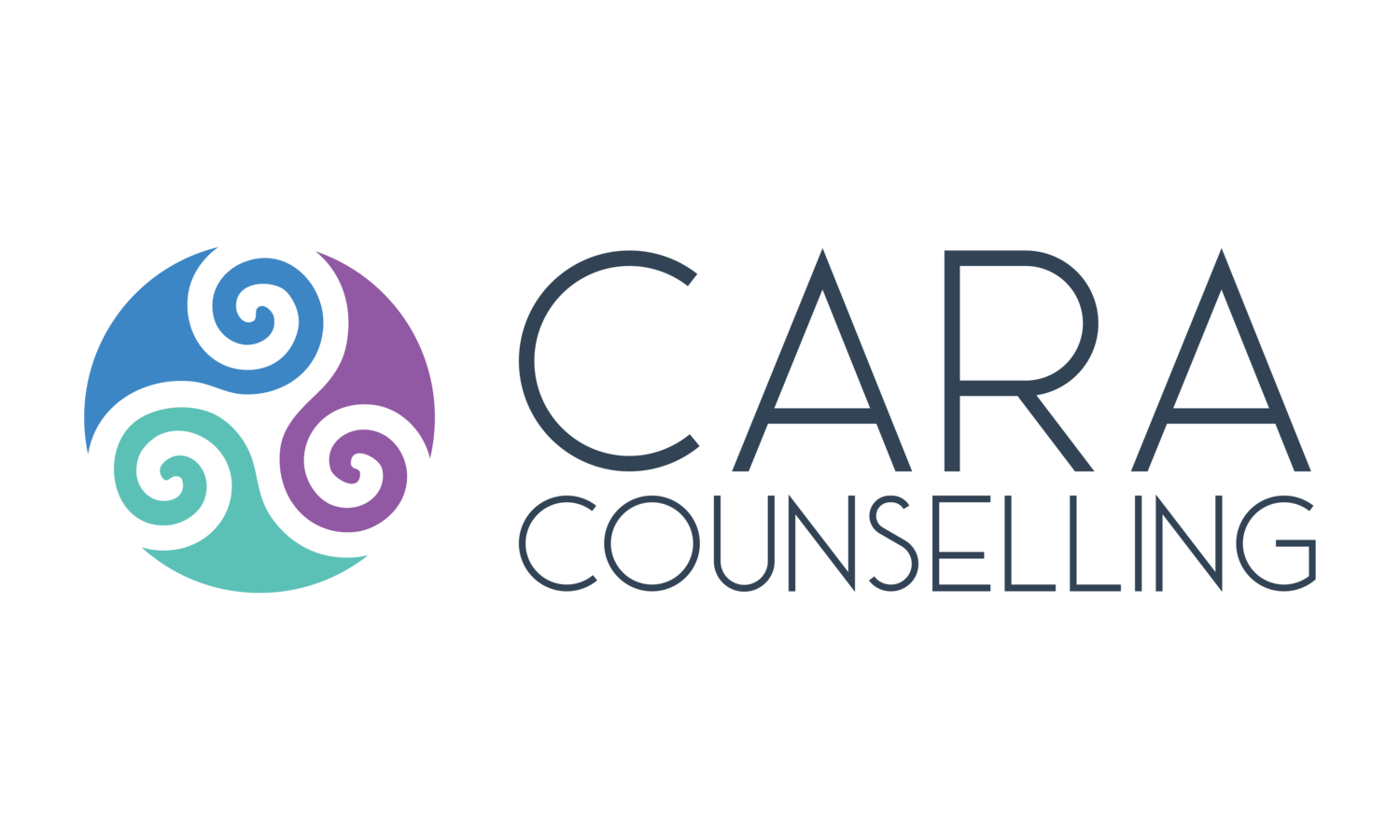Grief and the New Year
This is not really a blog; rather a few quick thoughts acknowledging that, while Christmas is the time that many people recognise as being particularly hard when someone is grieving, New Year can be equally difficult. Where the loss is recent, it can be hard to move to saying that your loved one died ‘last year’, perhaps amplifying the feeling of distance. In contrast, for some people the move into a new year is a relief, bringing a sense of leaving a difficult year behind. Everyone is different.
• TALKING HELPS
I’m not a grief counsellor and claim no specialist knowledge on this topic. But I will say that, whether you’re mourning a loss yourself, or wondering how to help someone who is grieving, probably the key thing to know is that talking helps. People may gloss over a death, or try not to mention the person’s name, in an effort not to upset a person who has been bereaved. But this can have the impact of feeling really hurtful.
When a loved one has died, often you want to talk about them, and remember them, and honour them by telling tales of who they were. When my father died in October there was a bit of family cringe when a friend posted on Facebook about ‘OMG do you remember that time when your Dad …..”. But it quickly turned to laughter at a fun memory, shared by a friend who knew my father and had their memories of him too. If pulling out some long-forgotten stories isn’t for you (or if they’re maybe best forgotten!), then generally, a simple ‘I’m so sorry, I don’t know what to say” feels warm and genuine.
• IT’S OK TO SAY NO (OR YES)
When you’re grieving, decision making can be hard, and especially when it comes to how to respond to an invitation. It’s ok to say no (unless you really want to say yes) – but take time to actually think about it and make a decision, rather than giving an automatic answer. If you’re invited to a New Year’s party or dinner or any sort of outing, think before you answer. Take a deep breath or two, be mindful and pay attention to how you really feel; think about what is likely to feel best for you. If you don’t feel like accepting an invitation, explain that you just don’t want to this year, but please ask again next year.
Alternately you may really want to go but feel guilty about the idea of going out and enjoying yourself – if you think you’ll feel better to get out and be with the family or friends who invited you, then go for it!
• MOVING INTO 2020
I had one client recently talk about how their family were looking at starting some new traditions this year following a loss, rather than trying to keep everything the same as it always was. I thought it was a great idea, and a great way of looking forward.
For a more comprehensive run through of tips on dealing with grief, you may like this blog post by Retiring Not Shy that I stumbled across a few months ago. It stuck in my mind as it starts with self-care, including walking and exercising in nature, both things that I highly endorse (and practice through walk and talk counselling).
When working with clients on strategies for anxiety and stress, or managing depression, a key aspect of our work is looking at these foundational self-care aspects of exercise, sleep, and diet, and incorporating mindfulness. These foundations of self-care can also help you while grieving, and are broad enough to let you go with what works for you, recognising that everyone is different.
Whatever you’re feeling as we head into 2020, I wish you well. And I’m always happy to have a chat if you’re feeling in need of some help.
Best wishes, Louise
Photo by Michael Fousert on Unsplash
